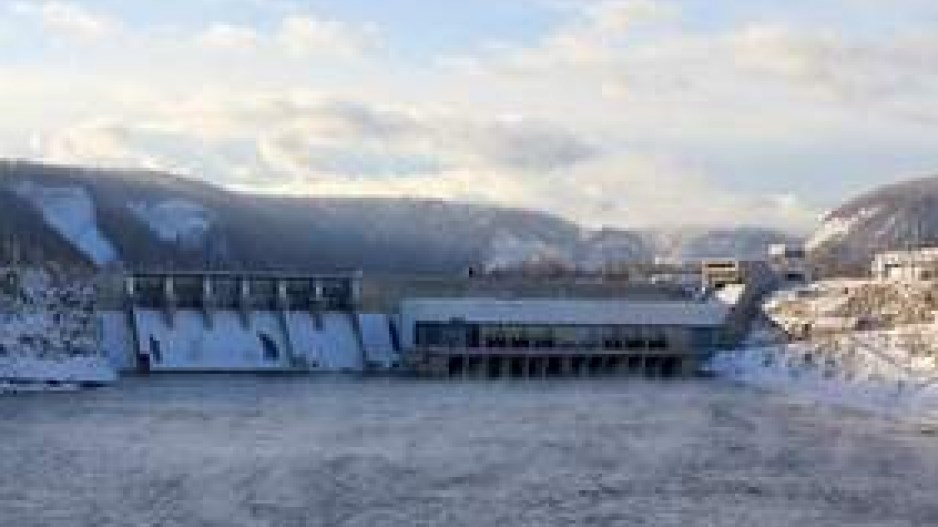McLeod Lake Indian Band members spent Wednesday telling a panel reviewing the proposed Site C dam about their concerns, but chief Derek Orr expressed skepticism about how well they’ll actually be listened to.
Orr pointed to the provincial Clean Energy Act, which he said will make it easier for projects like Site C to get regulatory approval because it removes barriers to development.
“Basically in my mind the government paved the way for that and in my mind [stopping it] is going to be challenging for sure,” Orr said.
Members of the community expressed opposition to Site C during hearings to a joint review panel on Wednesday, in large part citing the harm they believe it will do to their traditional way of life.
Orr and other community members expressed concerns about the cumulative impacts of the proposed Site C dam, given two other major hydroelectric installations are already on the river. The panel heard from witnesses who said the baseline data from BC Hydro should be taken into consideration when it comes to species diversity and habitat before any dams were built rather than the current species distribution.
“The Peace River has two other dams on it and this [third] dam is only going to leave a small amount of free river flowing, which is essential for wildlife habitat, fish and all the other species,” Orr said. “This just adds to challenges out there in the ability to practice our traditions to hunt and trap.”
Some members of the community criticized the timing of the hearings in McLeod Lake, given the community was also holding a referendum, a school Christmas concert and some members of the community who will be most impacted were out hunting and trapping. Panel chairman Harry Swain blamed “distant bureaucrats” in Ottawa and Victoria for the timing of the meeting.
Orr said it’s too early to say what his band will do if the project is given the green light to proceed, despite his community’s objections. Other First Nations groups in the province who have opposed other resource projects like mines or pipelines have threatened possible legal action or civil disobedience.
Orr said he wants to see how the situation plays out before deciding how to proceed next.
“That’s a hypothetical question, we won’t know until we cross that road,” he said. “We’ll just see what happens . . . we’ll take actions and develop a plan after that.”




